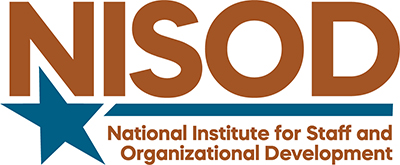$100 off membership
- Base Price:
- $75.00
- Price with Discount:
- $0.00
- Short Description:
- Monday, May 26, 4:30-11:00 p.m. This self-guided excursion provides transportation to the San Antonio River Walk, which is a network of walkways along the banks of the San Antonio River.
- Base Price:
- $30.00
- Price with Discount:
- $0.00
Tags: Excursion
- Duration:
- 1 Hour
- Format:
- Audio and Video
- Duration:
- 1 Hour
- Format:
- Audio and Video
- Duration:
- 1 Hour
- Format:
- Audio and Video
- Base Price:
- $0.00
- Price with Discount:
- $0.00
- Duration:
- 1 Hour
- Format:
- Audio and Video
- Duration:
- 1 Hour
- Format:
- Audio and Video
- Duration:
- 1 Hour
- Format:
- Audio and Video
- Duration:
- 1 Hour
- Format:
- Audio and Video
- Duration:
- 1 Hour
- Format:
- Audio and Video
- Duration:
- 1 Hour
- Format:
- Audio and Video
- Duration:
- 1 Hour
- Format:
- Audio and Video
- Duration:
- 1 Hour
- Format:
- Audio and Video
- Duration:
- 1 Hour
- Format:
- Audio and Video
- Base Price:
- $0.00
- Price with Discount:
- $0.00
- Duration:
- 1 Hour
- Format:
- Audio and Video
- Duration:
- 1 Hour
- Format:
- Audio and Video

